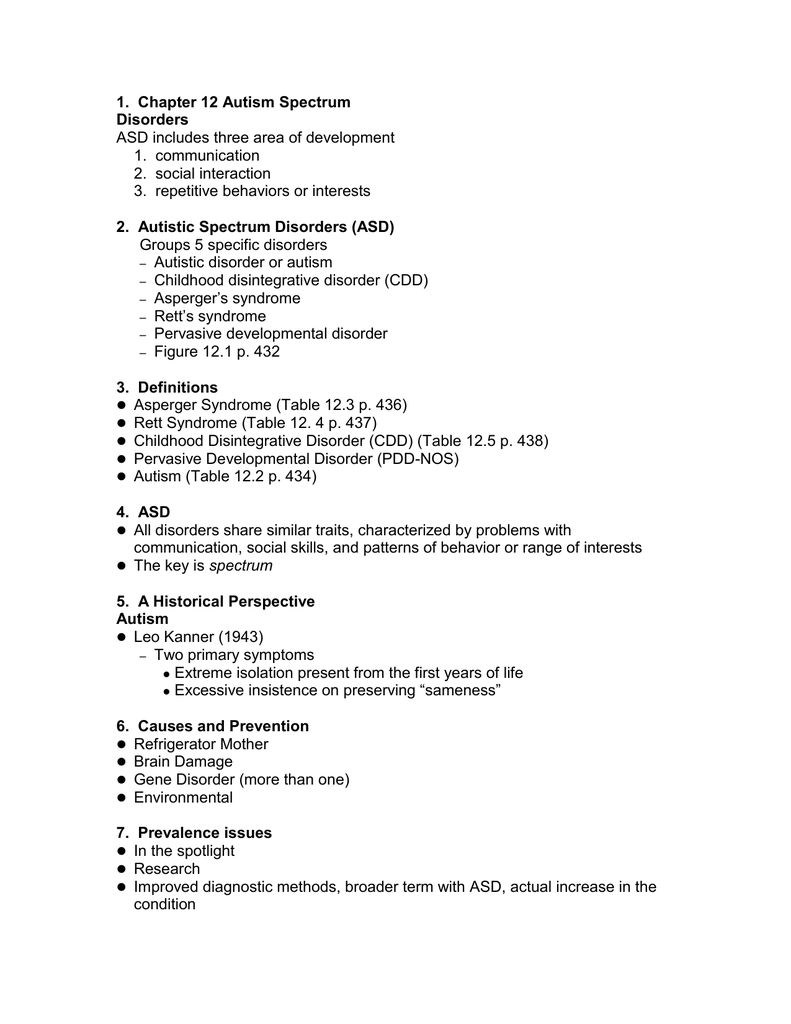

The study found that PDD is not rare and that children with PDD represent a significant subgroup of children with serious emotional disturbance referred for psychiatric treatment.

Seven patients with PDD (28 percent) met criteria for childhood-onset schizophrenia, and 19 (76 percent) had symptoms of a tic disorder. The groups did not differ significantly in IQ or global functioning. Significantly more patients with PDD had a history of speech delay, language abnormalities, and inexplicable or lengthy episodes of crying or screaming. Only two of an array of psychiatric symptoms were more prevalent among patients with PDD: engaging in unusual fantasy and talking to themselves, animals, or inanimate objects. In the past, psychologists and psychiatrists often used the term pervasive developmental disorders and autism spectrum disorders (ASD) interchangeably.
#Pervasive developmental disorder pdd manual#
PDD-NOS was one of several previously separate subtypes of autism that were folded into the single diagnosis of autism spectrum disorder (ASD) with the publication of the DSM-5 diagnostic manual in 2013. An additional five patients who had PDD were included, yielding a final sample of 25. PDD-NOS stands for Pervasive Developmental Disorder-Not Otherwise Specified. Of the 146 patients, 20 (14 percent) met criteria for PDD. Psychiatric symptoms, family history, and developmental and educational histories were examined. Pervasive Developmental Disorders (PDD) The term pervasive development disorders (PDDs) refers to a group of conditions that involve delays in the development of many basic skills, most notably the ability to socialize with others, to communicate and to use imagination. Patients who had PDD were compared with a sample of age- and sex-matched patients in day treatment who did not have PDD. This study sought to determine the prevalence of pervasive developmental disorders (PDD) among children admitted to a state hospital day treatment service and to characterize the psychiatric disturbance of patients with PDD.Ī total of 146 consecutively admitted patients were evaluated for PDD.


 0 kommentar(er)
0 kommentar(er)
